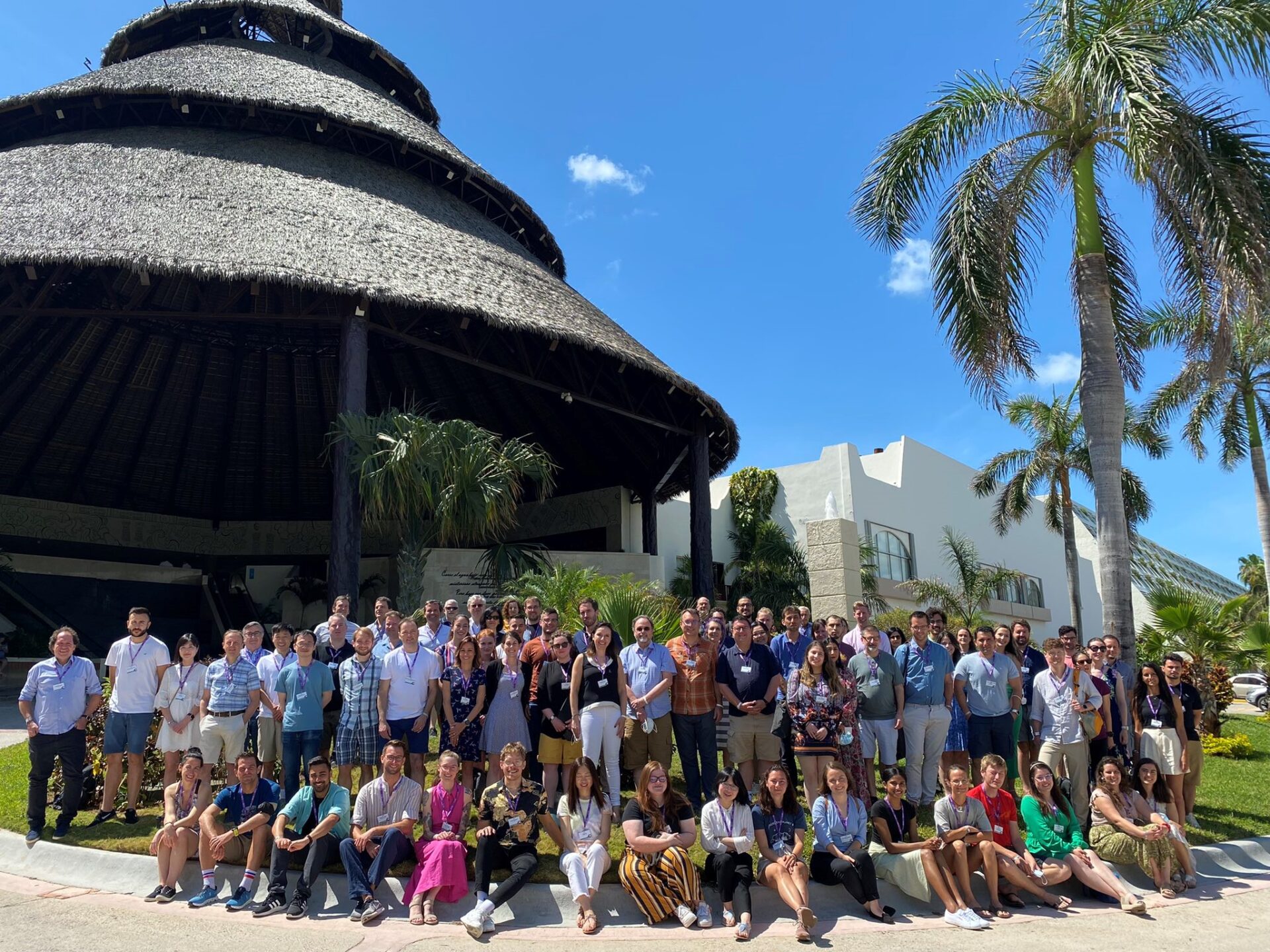
By Kameshwari Chengan, GCDC Doctoral Candidate, School of Biosciences
My first talk at a conference
A few weeks ago, I was accepted to give a talk at the 3rd Synthetic Biology of Natural Products Conference held in Mexico, in which my supervisor was an invited speaker. This was my first international talk, but most importantly my first talk ever!
The conference
My PhD project involves the development of new technologies for discovering antimicrobials to combat antibiotic-resistant bacterial infections which is estimated to cause 10 million deaths annually by 2050. Hence, my research interest for natural products fitted perfectly within the conference theme which was the interface of (meta)genomics, synthetic biology and natural products discovery and development. As the name suggests, I was simply awed by the innovative work in developing natural products from tiny creatures. Natural products are chemical molecules produced by living organisms and history has shown how invaluable these are, with penicillin being the epitome. During the conference, I learnt about state-of-the-art technologies used to produce new chemicals for addressing global problems ranging from much needed medicines like antibiotics to safe herbicides for improving crop farming and food security. This four-day conference was bursting with talks from both academic and industrial groups. Each day followed a similar format: the morning started with a series of long and short talks, followed by lunch at leisure, an afternoon of more talks with interactive poster sessions and ended with dinner with the whole group.
The talk
I was very surprised that my abstract was selected for a 15-minute talk, especially since many of the speakers were highly reputed professors and post-doctoral researchers from across the globe. Having never presented to a large audience before, I felt a massive adrenaline rush. Going on the stage and standing in front of these experts was very stressful, but as soon as I started flicking through my slides, my passion for the project took over and the words simply flowed. My talk was finished in the blink of an eye. The best part of this experience was actually the discussion that followed my talk, where I was approached by PIs (principal investigators) and PhD students to talk more about my work. This even led to conversations about potential collaborations that we are currently setting up! I truly felt like I belonged in this scientific community.
The location
Everyone was very excited to be in this location. The atmosphere, tropical weather, music, and food were so colourful and vibrant, making us feel very welcome. The conference started with a student networking event which was a brilliant way to meet fellow PhD students and the conference chairs. This buzzing atmosphere of people conversing about each other’s work stood in stark contrast to the beginning of my PhD where such interaction was scarce. This experience was definitely worth the ‘never-ending’ experiments and troubleshooting sessions that are always part of this PhD journey!
What I learnt from this
I learnt that conferences are essential to bring your research to the international level, be it from learning about other groups’ work, presenting posters or delivering a talk yourself. I always used to shy away from public speaking, but I must admit that the more I did it, the easier it got. I strongly think that we need to take these opportunities to present our research at any level, however daunting this may be, because the experience and feedback that you get afterwards really helps you build your skills, both professionally and personally. After delivering my talk, I built up a momentum that allowed me to engage in conversations with new people and break the ice. This conference was a truly memorable experience, and I would like to thank my supervisor, Dr Simon Moore, and co-supervisor Prof Mark Smales for the support. I also thank the conference organisers for giving me this opportunity to present my work.
Kameshwari Chengan
PhD student
Moore Lab
Moore Group – Cell-Free Synthetic Biology – Publications (google.com)